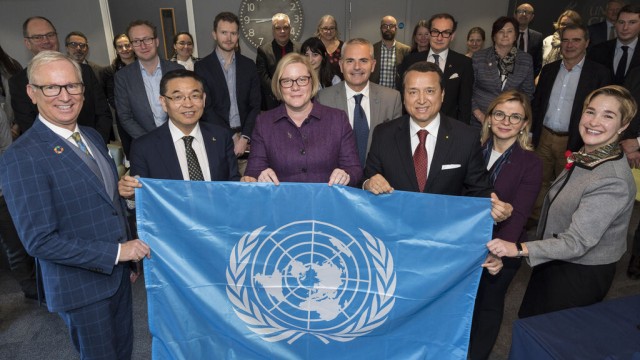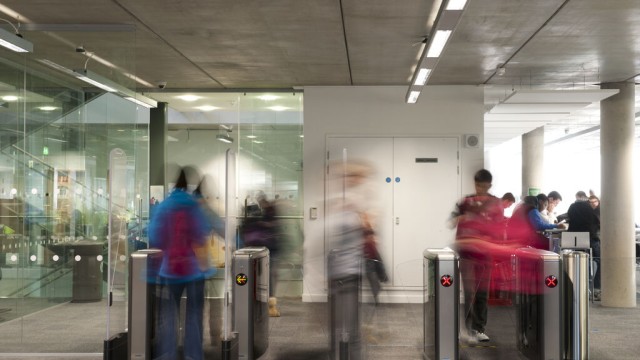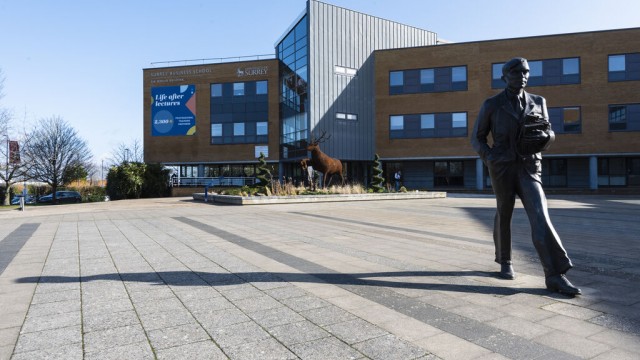
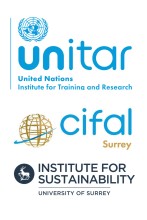
Surrey CIFAL training centre
CIFAL Surrey: driving progress on the UN's sustainable development goals
Working in partnership with the United Nations Institute for Training and Research (UNITAR), the Institute for Sustainability at the University of Surrey is leading Surrey CIFAL, a training centre offering customised learning solutions to organisations and individuals from all sectors. The provision has at its core a focus on achieving the UN Sustainable Development Goals.
CIFAL Surrey's purpose
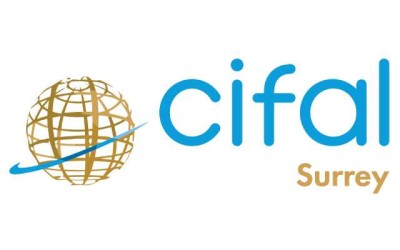
The new United Nations Institute for Training and Research (UNITAR)-affiliated CIFAL centre at the University of Surrey has been set up to drastically improve the UK's ability to address climate change.
Drawing on the University's strong research heritage and active engagement in sustainability, the CIFAL centre (Centre International de Formation des Autorités et Leaders), CIFAL Surrey, works with UNITAR (the UN's training branch) and the CIFAL Global Network among other stakeholders to lead both training and capacity-building initiatives in sustainability.
Situated within the University’s Institute for Sustainability, CIFAL Surrey connects sustainability experts with public, private and community leaders. By sharing knowledge, strategies, and ideas, we empower people to take action, drive change, and help create a more sustainable future for all.
Upcoming events and training
Join us at our next event. For our full terms and conditions please refer to CIFAL Surrey Business and Consumer Terms (PDF).
CIFAL Surrey newsletter
An update from Professor Amelia Hadfield, CIFAL Director, Institute for Sustainability Co-Director.
July 2025 edition

UN Sustainable Development Goals annual report
Our report showcases what we achieved in 2021/22 to meet the United Nations 17 sustainable development goals.



